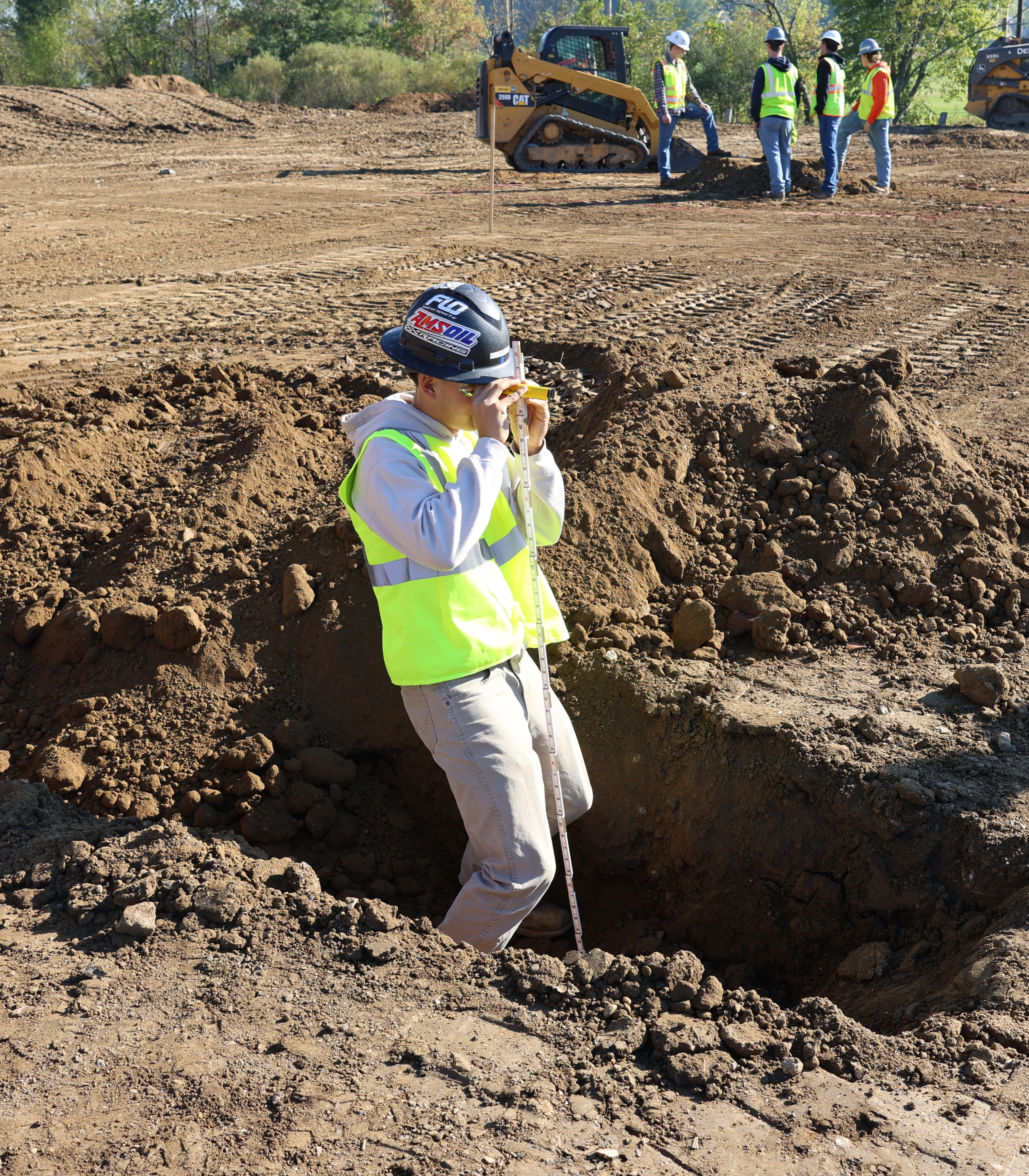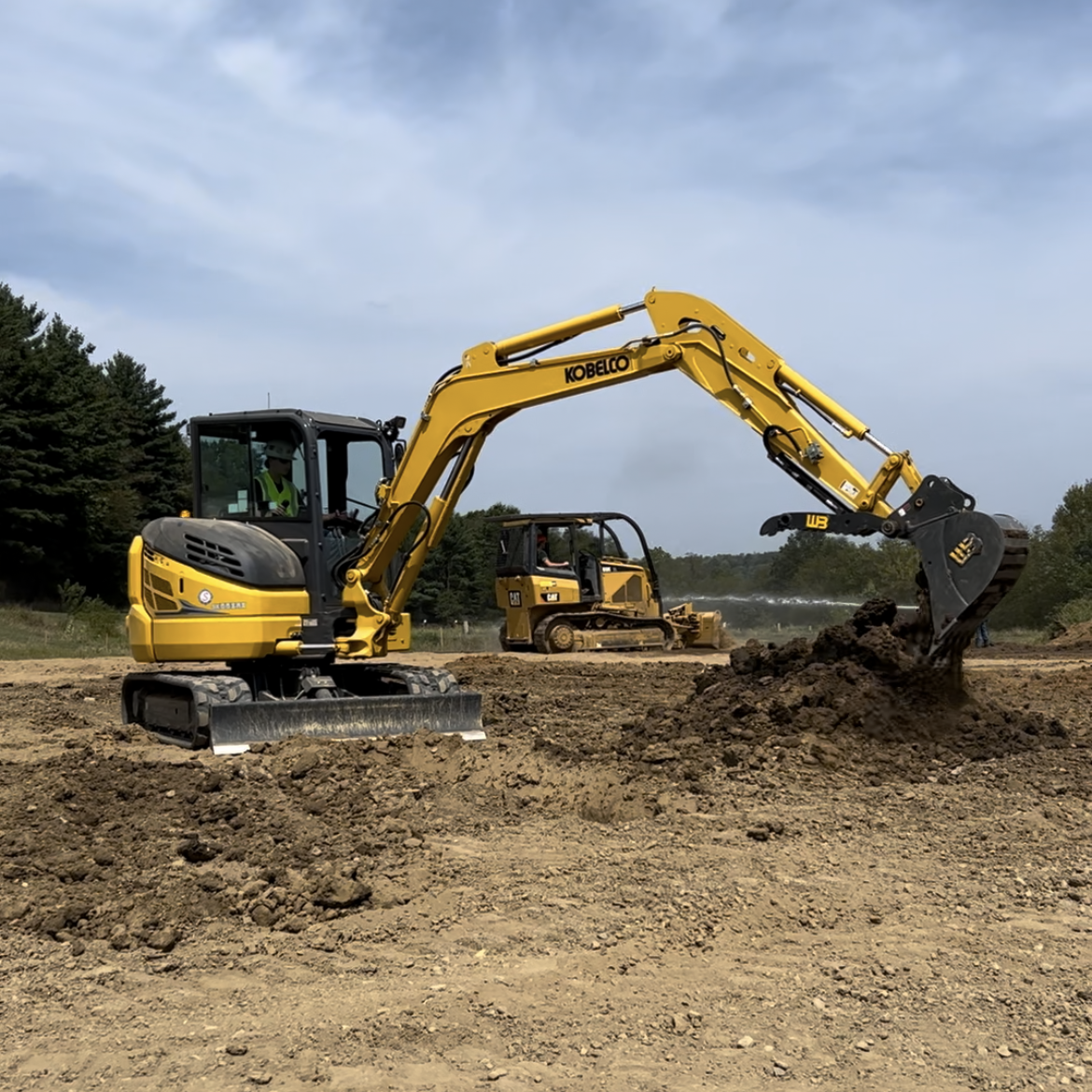Energy Operations
Program Quick Facts
To be successful in this field, Energy Operations students must be able to
Meet safety requirements to operate tools and machinery
Obtain a valid driver's license
Lift up to 75 lbs.
Be physically fit for required lifting, pushing, overhead work, etc.
Mechanically inclined
Dependable and works well with others
Successfully pass a pre-employment and random drug test
Instructors | College Credits | Available Certifications | Lab Fees |
|---|---|---|---|
Brandon Irwin Tucker West |
| Level 1 -(Juniors) $32.00 |


